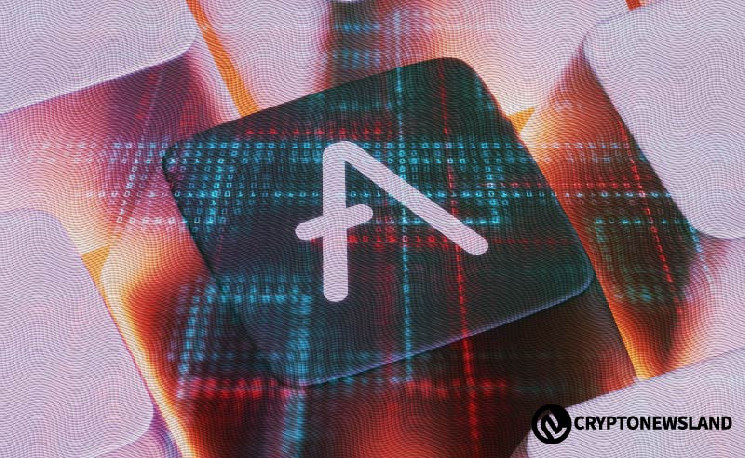- dYdX offers traders tools for trading without KYC, making it accessible and anonymous with competitive fees.
- Lido Finance simplifies staking with an easy to use platform, allowing users to earn rewards through liquid staking tokens like stETH in DeFi.
- MakerDAO provides secure borrowing with its DAI stablecoin, supported by the MRK governance token. This ensures loan security and decentralized control.
1. dYdX
The dYdX protocol stands out as a leading DeFi platform. It offers traders advanced financial tools like margin and perpetual trading without requiring KYC, making it suitable for anonymous, trustless trading. It features competitive fees, gas-free trading, and lending and borrowing options. Compared to competitors, dYdX offers lower collateral requirements, improving accessibility. The platform also uses StarkWare technology to promote efficiency, reduce transaction costs, and improve community governance and participation.
2. Lido
Lido Finance provides convenient custodial staking services for many cryptocurrencies. Its friendly user interface makes it easy for newbies to grasp. Lido lets users stake their assets and receive liquid staking tokens like stETH. They can use these liquid staking tokens for yield farming within the DeFi community.
3. MakerDao
MakerDAO stands out as a leading platform in the DeFi space, acting on how users manage digital assets. The DAI stablecoin is at the core of its decentralized borrowing and lending system, which users can generate by locking in various cryptocurrencies.
The MRK token plays a crucial role as the platform’s governance token. MakerDAO’s strong appeal lies in its complete model, ensuring loan security.
4. Aave
The project started on the Ethereum network but has since branched out to several other chains. Aave allows crypto investors to lend and borrow from themselves without needing any middlemen. Aave hosts both altcoins and stablecoins. Users can borrow these cryptocurrencies at variable or stable rates.
5. Uniswap
Uniswap is one of the oldest Ethereum DEXs. It was among the first to use the AMM model to disrupt centralized financial systems. It enables users to create tokens, exchange assets, and receive rewards. Uniswap’s model is community-dependent. This means users must deposit tokens in a pool to ensure smooth trading. So, these contributors receive a portion of the protocol fees in return for their liquidity.


